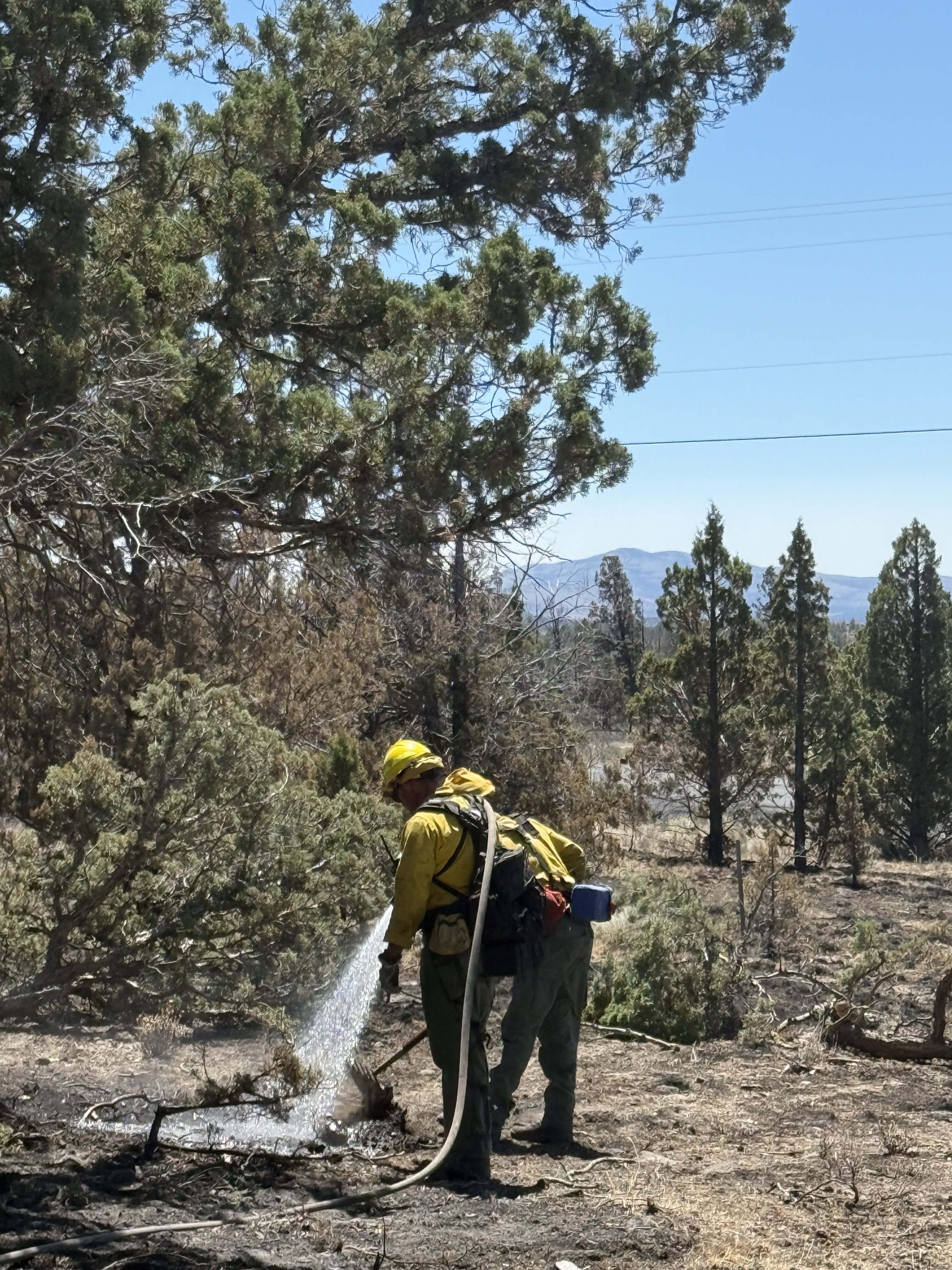Schacter was rabbi at liberated death camp
Published 5:00 am Wednesday, March 27, 2013
The smoke was still rising as Rabbi Herschel Schacter rode through the gates of Buchenwald.
It was April 11, 1945, and Gen. George Patton’s 3rd Army had liberated the concentration camp scarcely an hour before. Schacter, who was attached to the 3rd Army’s 8th Corps, was the first Jewish chaplain to enter in its wake.
Trending
That morning, after learning that Patton’s forward tanks had arrived at the camp, Schacter, who died in the Bronx on Thursday at 95 after a career as one of the most prominent Modern Orthodox rabbis in the United States, commandeered a jeep and driver. He left headquarters and sped toward Buchenwald.
By late afternoon, when the rabbi drove through the gates, Allied tanks had breached the camp. He remembered, he later said, the sting of smoke in his eyes, the smell of burning flesh and the hundreds of bodies strewn everywhere.
He would remain at Buchenwald for months, tending to survivors, leading religious services in a former Nazi recreation hall and eventually helping to resettle thousands of Jews.
For his work, Schacter was singled out by name on Friday by Yisrael Meir Lau, the former Ashkenazi chief rabbi of Israel, in a meeting with U.S. President Barack Obama at Yad Vashem, Israel’s Holocaust memorial.
In Buchenwald that April day, Schacter said afterward, it seemed as though there were no one left alive. In the camp, he encountered a young American lieutenant who knew his way around.
“Are there any Jews alive here?” the rabbi asked him.
Trending
He was led to the Kleine Lager, or Little Camp, a smaller camp within the larger one. There, in filthy barracks, men lay on raw wooden planks stacked from floor to ceiling. They stared down at the rabbi, in his unfamiliar military uniform, with unmistakable fright.
“Shalom Aleichem, Yidden,” Rabbi Schacter cried in Yiddish, “ihr zint frei!” — “Peace be upon you, Jews, you are free!” He ran from barracks to barracks, repeating those words. He was joined by those Jews who could walk, until a stream of people swelled behind him.
Schacter discovered nearly a thousand orphaned children in Buchenwald. He and a colleague, Rabbi Robert Marcus, helped arrange for their transport to France and to Switzerland, a group personally conveyed by Schacter, and Palestine.
Herschel Schacter was born in the Brownsville section of Brooklyn on Oct. 10, 1917, the youngest of 10 children of parents who had come from Poland. His father, Pincus, was a seventh-generation shochet, or ritual slaughterer; his mother, the former Miriam Schimmelman, was a real estate manager.
Schacter earned a bachelor’s degree from Yeshiva University in New York in 1938; in 1941, he received ordination at Yeshiva from Rabbi Joseph Soloveitchik, a founder of the Modern Orthodox movement.
He spent about a year as a pulpit rabbi in Stamford, Conn., before enlisting in the Army as a chaplain in 1942.
Discharged from the Army with the rank of captain, Schacter became the spiritual leader of the Mosholu Jewish Center, an Orthodox synagogue on Hull Avenue in the north Bronx. He presided there from 1947 until the synagogue closed in 1999.
He was a leader of many national Jewish groups, including the Conference of Presidents of Major Jewish Organizations, of which he was a past chairman. He was most recently the director of rabbinic services at Yeshiva.








